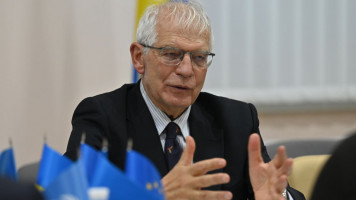IS threatens Egypt's Sufis after cleric murders
The Islamic State group threatened Sufi Egyptians this week after allegedly beheading two Sufi clerics in its Sinai Peninsula stronghold.
In the latest edition of the IS weekly newsletter al-Nabaa issued on Thursday, a militant identified as the head of the militants' "morality police" in the Sinai warned Sufis to renounce their beliefs after suggesting the two clerics were executed for "professing knowledge of the occult".
"We tell all Sufi lodges, sheikhs and followers inside the Sinai and outside that we will not allow the presence of Sufi orders in the Sinai or Egypt," he was quoted as saying.
Last month, the group's affiliate in Egypt released pictures of a scimitar-wielding executioner beheading two elderly men it accused of "divination", a practice forbidden by traditional interpretations of Islam.
Relatives identified one of the two men as Suleiman Abu Heraz - a Sufi sheikh in his late 90s - while the second man was identified as one of his disciples. The bodies of both men have yet to be found.
Reports of Abu Heraz's murder drew condemnation from Muslim clerics in Egypt and abroad.
Egypt's top Sunni authority, al-Azhar, denounced his killing as "an ugly crime".
The Islamic State group follows a strand of the puritanical Salafi school of thought - the dominant interpretation in Saudi Arabia - which views some Sufi practices as heretical.
Some Salafis accuse Sufis of polytheism - the greatest sin in Islam - for seeking the intercession of saints and visiting their graves.
Militants have blown up Sufi mausoleums across the Islamic world from Afghanistan to Mali, despite many Muslims regarding Sufis as part of the mainstream society.
The head of al-Azhar, Ahmed al-Tayeb, practises Sufism, as have many leading Sunni Muslim clerics over the centuries.

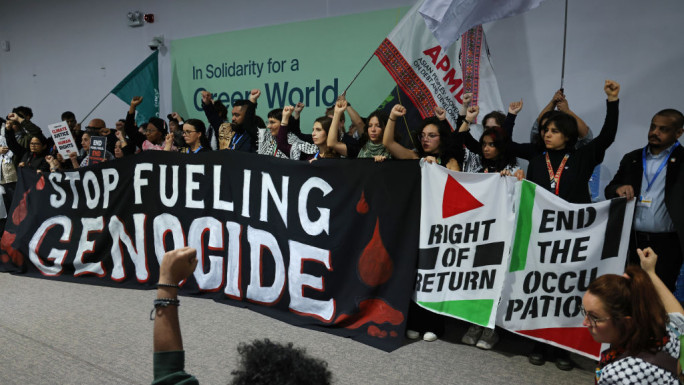

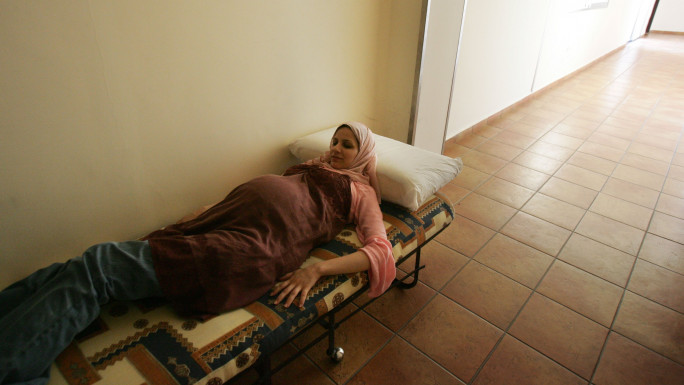
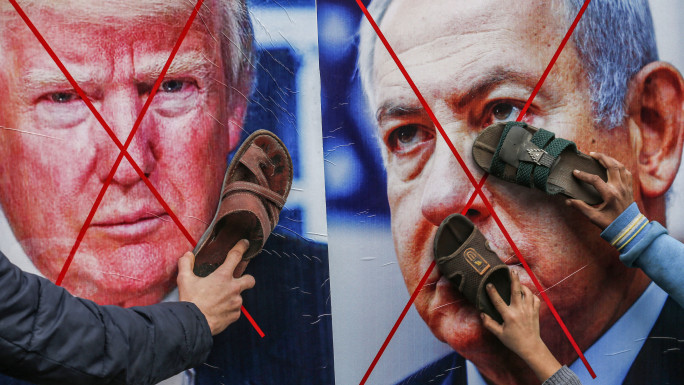
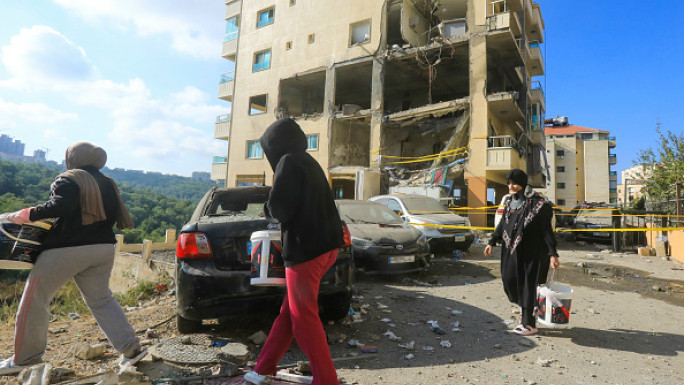
 Follow the Middle East's top stories in English at The New Arab on Google News
Follow the Middle East's top stories in English at The New Arab on Google News

